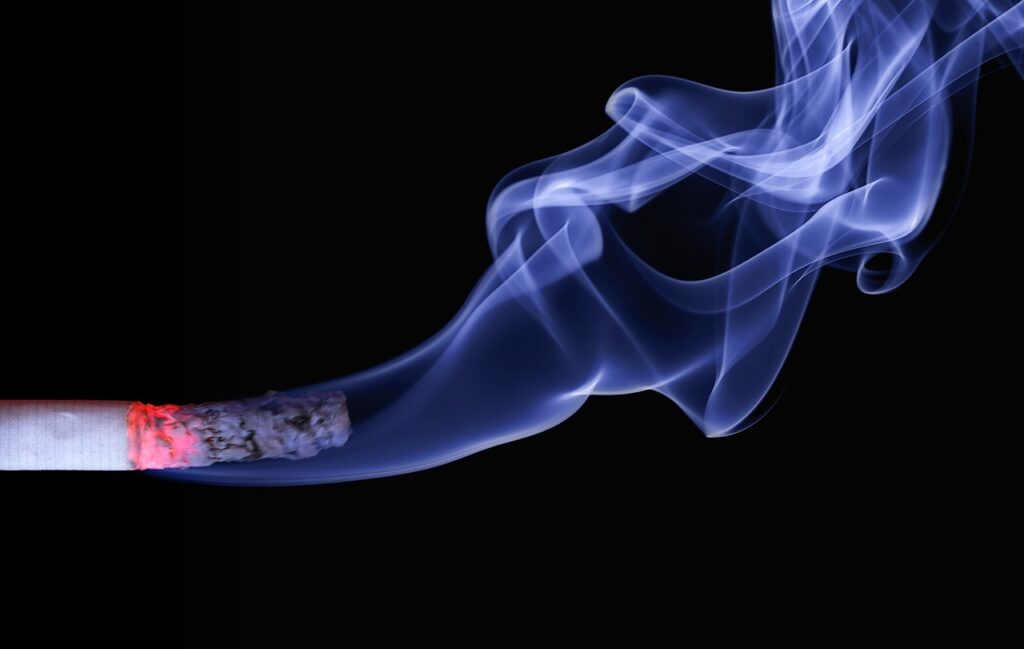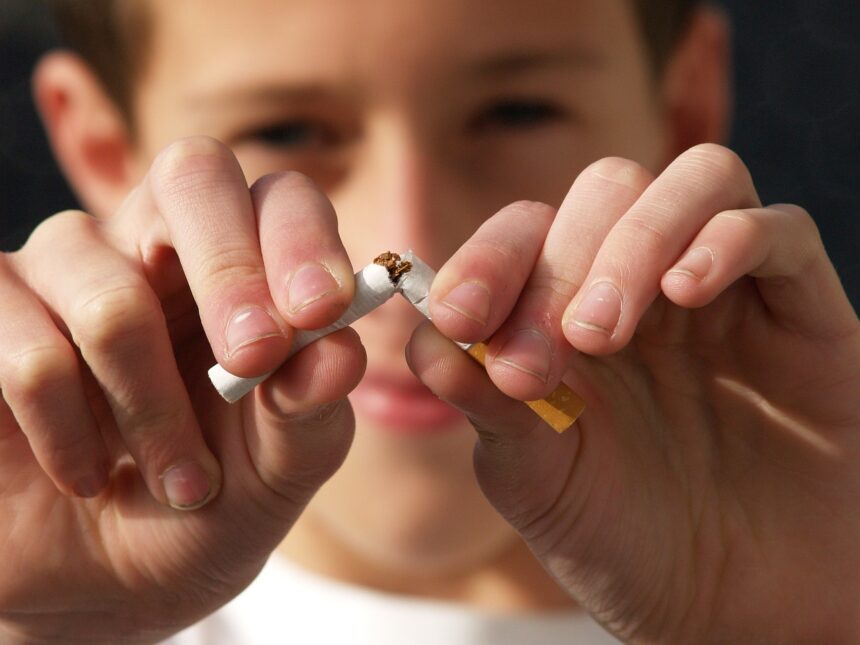“Experts Warn: Children at Highest Risk from Lingering Thirdhand Smoke”

New Delhi, May 30: Health experts have warned that children are particularly at risk from third-hand smoke, which lingers indoors after tobacco is smoked. This statement comes just before World No Tobacco Day, which is observed annually on May 31 to highlight the dangers of tobacco use.
Third-hand smoke consists of over 250 chemicals, including nicotine and carcinogens like formaldehyde and naphthalene. These pollutants accumulate on surfaces and can seep into clothing, furniture, curtains, bedding, and carpets over time.

“The only way to prevent third-hand smoke exposure is to ban indoor smoking and keep areas around buildings smoke-free,” said Lancelot, a pulmonologist and epidemiologist at Hinduja Hospital.
Third-hand smoke is a hidden danger that sticks to furniture, walls, and clothing long after a cigarette is put out. This residue can last for weeks, months, or even years.
“Infants, children, and people with respiratory conditions are especially at risk because they are more likely to touch these contaminated surfaces and inhale the harmful residues,” said Ishan Capoor, a pulmonologist at Narayana Health City in Bengaluru.
“This exposure can cause respiratory issues, developmental problems, and increase the risk of cancer,” he added.
To avoid third-hand smoke, make sure smoking is not allowed indoors or in vehicles. Clean surfaces and fabrics regularly, and encourage smokers to quit or smoke outside, away from others. Awareness and proactive steps are essential to protect the health of vulnerable individuals.
In addition to affecting children, third-hand smoke can also harm pets, said Srinath Bharadwaj, a medical oncologist at Apollo Cancer Centre in Hyderabad.
“Our pets groom themselves by licking their fur. If their fur has smoke residue, they ingest carcinogens and toxins,” he said.
Experts urge businesses, communities, and individuals to prevent third-hand smoke by banning indoor smoking. Smoking near an open window does not prevent third-hand smoke exposure.
“The best solution is to quit smoking to keep yourself and your family safe,” they noted.









